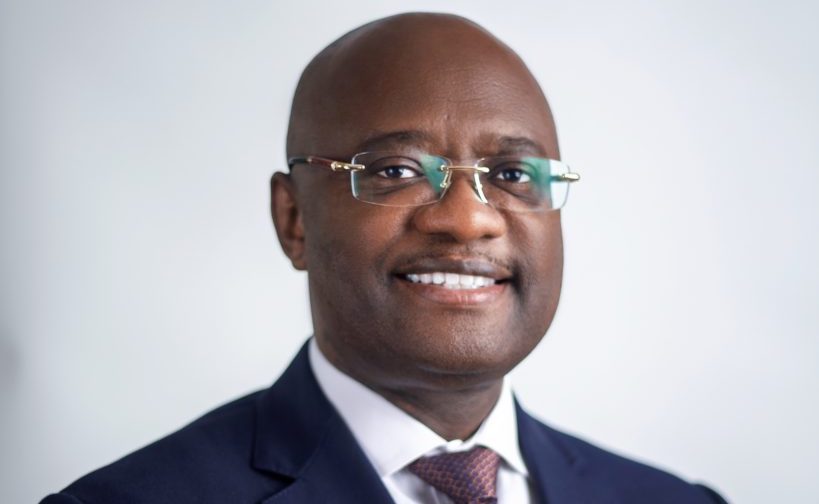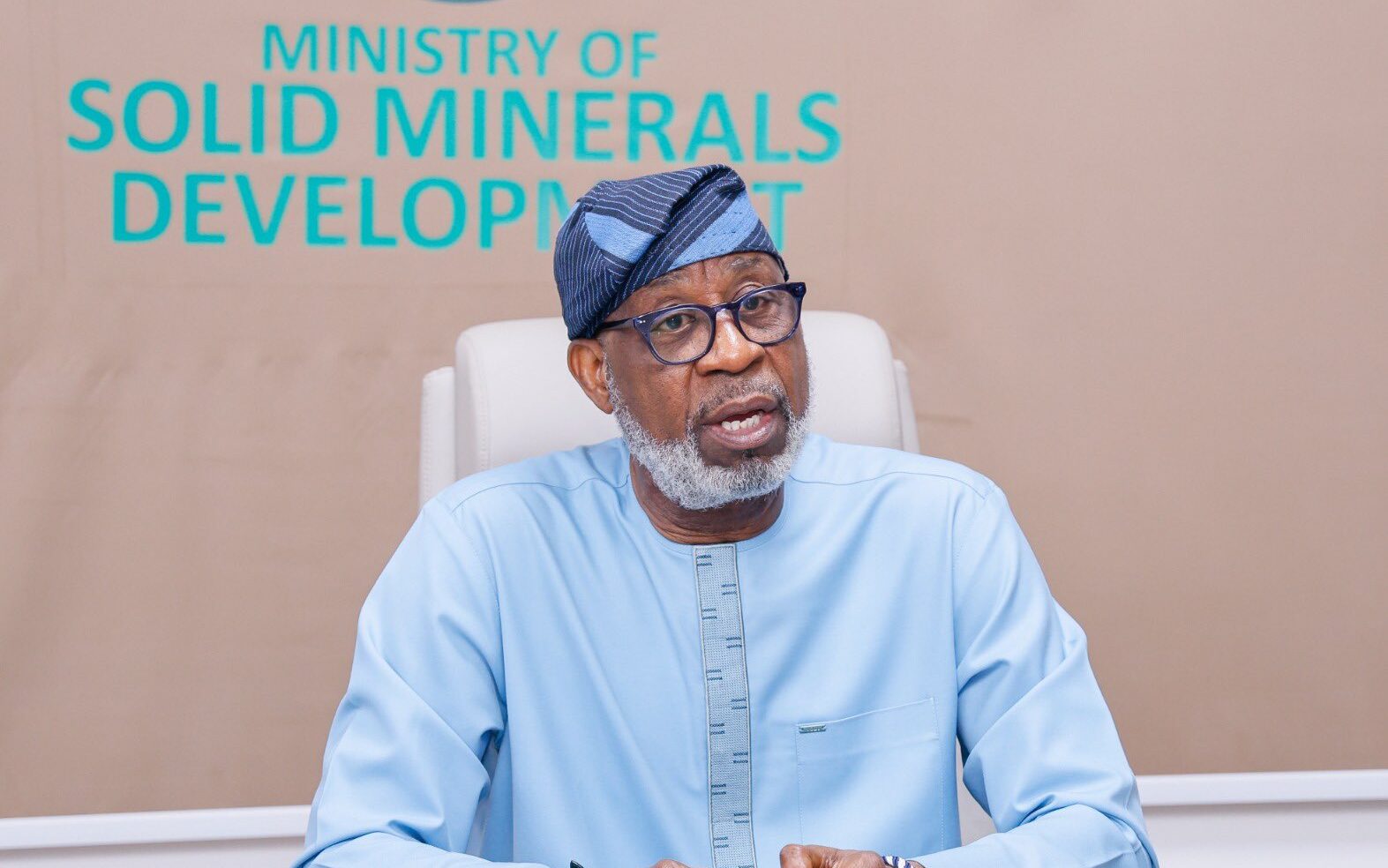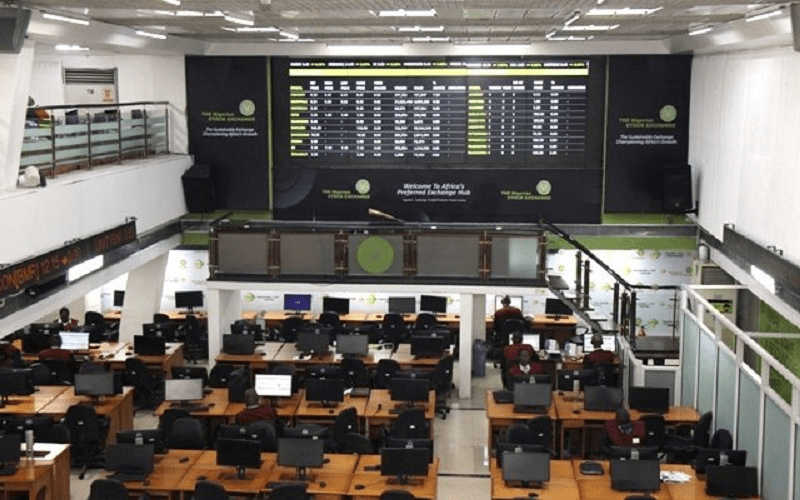Sunday Aborisade in Abuja
A former Chairman of the Independent National Electoral Commission (INEC), Professor Attahiru Jega, has warned that Nigeria’s democracy risks eventual collapse unless urgent measures are taken to restore integrity and public trust in the nation’s electoral process.
He stated this in Abuja Monday, while delivering a keynote address titled ‘Electoral Integrity as a Panacea for Democratic Development in Nigeria’ at the 9th Convocation Ceremony of the National Institute for Legislative and Democratic Studies (NILDS) in affiliation with the University of Benin.
Jega said democracy cannot thrive where elections are manipulated, institutions are compromised and citizens lose faith in the process that determines their leaders.
Quoting former United Nations Secretary-General, Kofi Annan, Jega said: “Power and the competition for power, must be regulated. It is not enough for governments to create institutions; politicians must respect and safeguard the independence and professionalism of election officials, judges and courts.”
The former INEC boss lamented that 25 years after Nigeria’s return to civil rule, the nation’s democratic journey has remained “challenging, if not disappointing,” because the electoral process has consistently failed to inspire confidence or produce truly representative leadership.
He said: “For a quarter of a century, Nigeria has been muddling through democratic development with aspirations for consolidation. But these aspirations have been constrained by enormous challenges, chief among them, the question of electoral integrity.”
Jega, who oversaw the 2011 and 2015 general election, argued that periodic elections alone do not make a democracy.
According to him, “Elections that lack integrity undermine democracy, weaken public trust and lead to governance failure.”
He warned that when politicians manipulate the process, the outcome inevitably produces unresponsive leaders who fail to deliver good governance.
“Only elected officials who truly reflect the genuine choices of the electorate can drive governance that protects citizens’ rights and aspirations,” he added.
While acknowledging modest progress in the conduct of elections, Jega said systemic flaws, ranging from voter registration irregularities to result collation manipulations, continue to erode confidence.
“Every stage of our electoral process remains susceptible to abuse, and until this is addressed comprehensively, our democracy will remain fragile,” he cautioned.
He defined electoral integrity as the “absence of malpractices and fraudulent activities in the preparation, management and conduct of all aspects of elections”.
According to him, credible elections must reflect fairness, equity and justice, ensuring that outcomes are both legitimate and acceptable.
“No election anywhere in the world is perfect. But what differentiates mature democracies from weak ones is the level of compliance with ethical standards and the minimization of malpractice. The fewer the manipulations, the higher the integrity,” he said.
Jega stressed that the political elite must stop treating elections as warfare and instead view them as contests of ideas and service.
“Elections are not about capturing power but about offering citizens a genuine choice. Leaders who emerge from credible processes are more likely to be accountable,” he said.
To strengthen credibility, Jega called for continuous electoral reforms and stronger institutions.
He insisted that independent electoral management bodies and the judiciary must be insulated from political interference.
“Without independence, impartiality and professionalism of these key institutions, democracy becomes hollow,” he said.
The former INEC boss urged the National Assembly and civil society to prioritize laws that enhance transparency in campaign financing, voter registration and result management.
Jega added that: “Legal frameworks must guarantee fair competition, effective redress for grievances and citizens’ confidence that their political rights can be exercised without fear.”
He also drew a direct connection between good governance and electoral integrity and defined good democratic governance as governance that is inclusive, participatory, transparent and accountable, anchored on citizens’ trust and legitimacy.
“Only elections imbued with integrity can confer legitimacy, stability and responsible governance,” he said, citing international evidence linking credible elections to sustainable democratic development.
He further emphasized that civic and voter education, conflict resolution and peacebuilding are essential to improving the integrity of Nigeria’s elections.
He said: “Democracy is not only about periodic elections; it is about governance that protects citizens’ rights and promotes human dignity. Anything less is a betrayal of the people’s mandate.”
Jega stated: “Improving the integrity of elections is the key to democratic development. Regular elections are not enough; only elections conducted with integrity can deliver the dividends of democracy Nigerians yearn for.”
The event, which also doubled as a celebration of academic excellence, was attended by the President of the Senate, Senator Godswill Akpabio, who was represented by Senator Aminu Iya Abass; Speaker of the House of Representatives, Hon. Abbas Tajudeen, who was represented by the Hon. Julius Ihonvbare; and Director-General of NILDS, Prof. Abubakar O. Sulaiman.
In his remarks, Akpabio reaffirmed the National Assembly’s commitment to strengthening governance through effective legislation and oversight.
He said the 10th Senate had already increased federal revenues through fiscal interventions and urged state legislatures to ensure that increased allocations translate to improved welfare for citizens.
Speaker Abbas highlighted recent economic gains under the Tinubu administration, saying inflation had dropped below 20 per cent, while the naira was appreciating against major global currencies.
He assured the audience that the 10th House was reforming the budget process to enforce fiscal discipline and timely implementation.
Prof. Sulaiman, in his welcome address, reiterated NILDS’ role as Nigeria’s foremost institution for democratic research and legislative capacity building.
He announced that 79 students graduated from various programmes, including Master’s degrees in Legislative Studies and Elections and Party Politics.
He appealed for increased funding for education in the 2026 fiscal year, warning that underinvestment continues to undermine human capital development.
“Low funding translates to poor-quality graduates,” he said, urging the federal and state governments to find lasting solutions to recurrent university strikes.
The NILDS-UNIBEN convocation once again underscored the link between electoral integrity, education and democratic stability, reaffirming Jega’s warning that without credible elections, Nigeria’s democracy stands on shaky ground.





